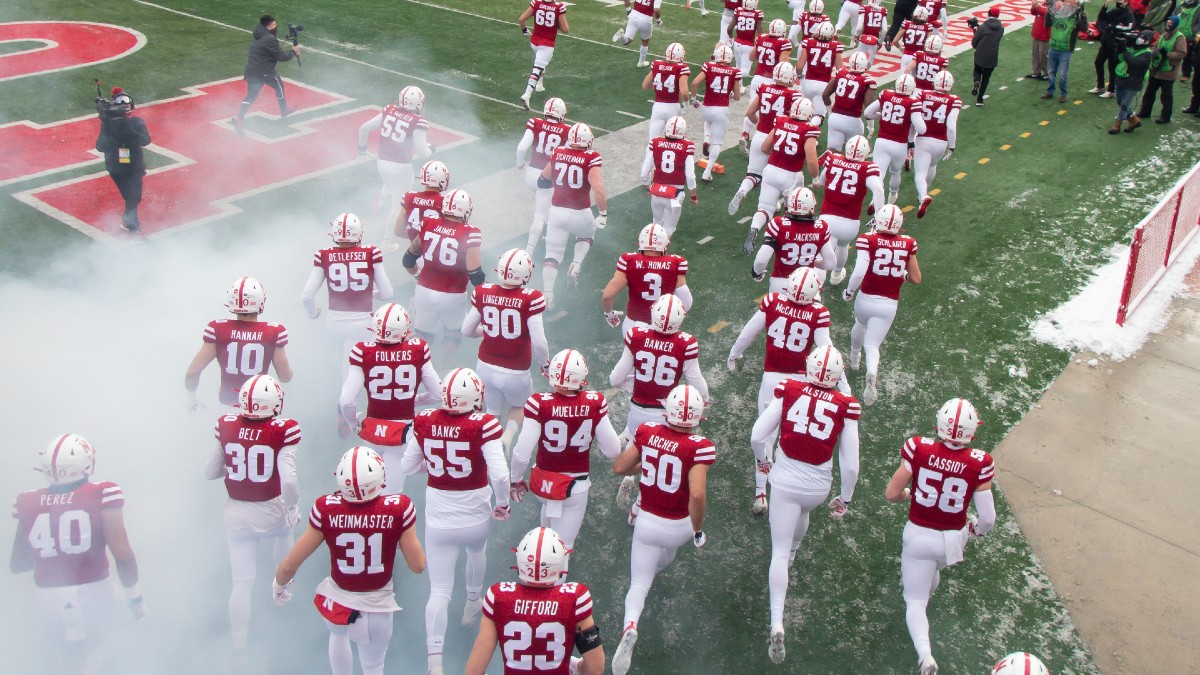
Will Maine Tribes benefit from federal laws if new bill is passed?

A late bi-partisan bill would permit Maine’s four Tribes to pursue healthcare, economic and gaming developments available to Tribes in other states.
A bipartisan bill in Maine has just been introduced by House Speaker Rachel Talbot Ross, with a view to giving the state’s Indigenous Tribes more rights. Full sovereignty would not be granted, though Maine’s native Tribes would potentially benefit from federal laws that already apply to Tribes in other states.
The US has 570 federally recognized Tribes, but Maine’s four Tribes are currently excluded from some protection and sovereignty due to the Maine Indian Claims Settlement Act of 1980. At that time, the state declared no federal or Indian law could undermine Maine’s authority. Any past or future law would have to specifically include Maine Tribes for it to apply to them.
Penobscot Nation Chief Kirk Francis said, “You often find yourself having to go back and try to figure out how to get included after the bill has been passed and it just doesn’t work. Creating certainty will allow for a lot more resources to come into the state and the tribes to address some very important issues.”
During the Covid-19 pandemic, Maine law did not permit Tribes to abide by a federal law that would have allowed healthcare workers from other states to provide care services on Tribal reservations. In addition to healthcare issues, stymied economic development and environmental issues have also been raised.
However, the new bill specifically excludes federal gambling laws applicable to other Tribes. Maine tribes would still require special permission from the state to operate a casino.
The bill’s co-sponsor, Republican Senator Rick Bennett, said, “These Tribal members are our neighbors and they should be able to take maximum advantage of the programs that Congress has created for tribes elsewhere in the nation.”
The bill needs a two-thirds majority from each legislative chamber before the closing weeks of the session. Governor Janet Mills has not responded to questions about the bill. Last year, however, she gave the four Maine Tribes exclusive rights to online sports betting and more control over their water supply.
Tags/Keywords
Players trust our reporting due to our commitment to unbiased and professional evaluations of the iGaming sector. We track hundreds of platforms and industry updates daily to ensure our news feed and leaderboards reflect the most recent market shifts. With nearly two decades of experience within iGaming, our team provides a wealth of expert knowledge. This long-standing expertise enables us to deliver thorough, reliable news and guidance to our readers.






